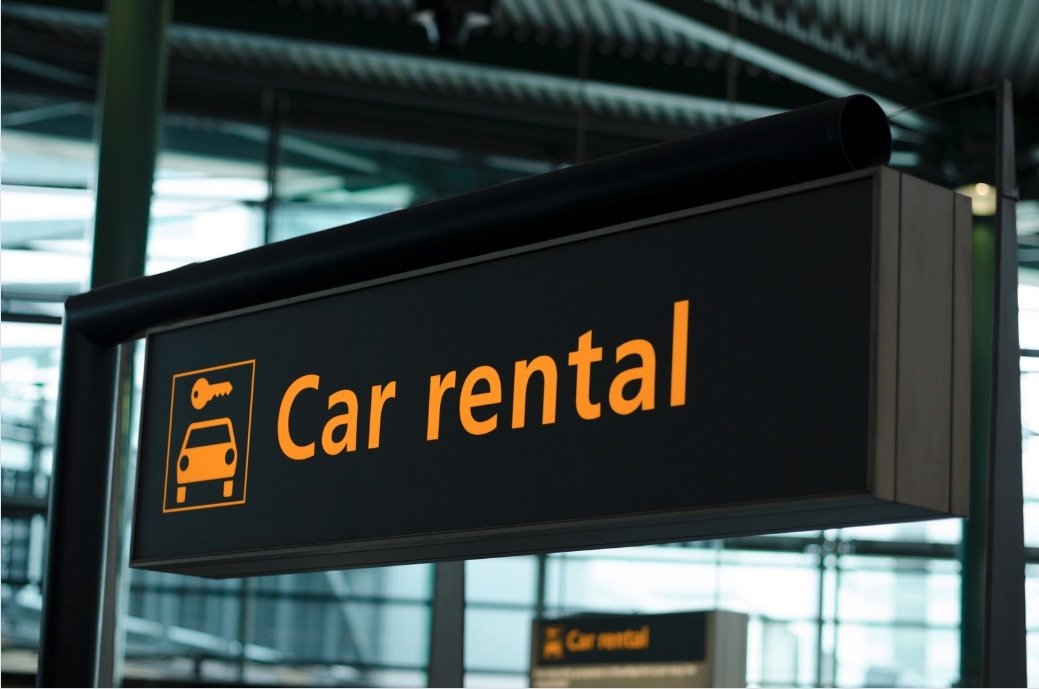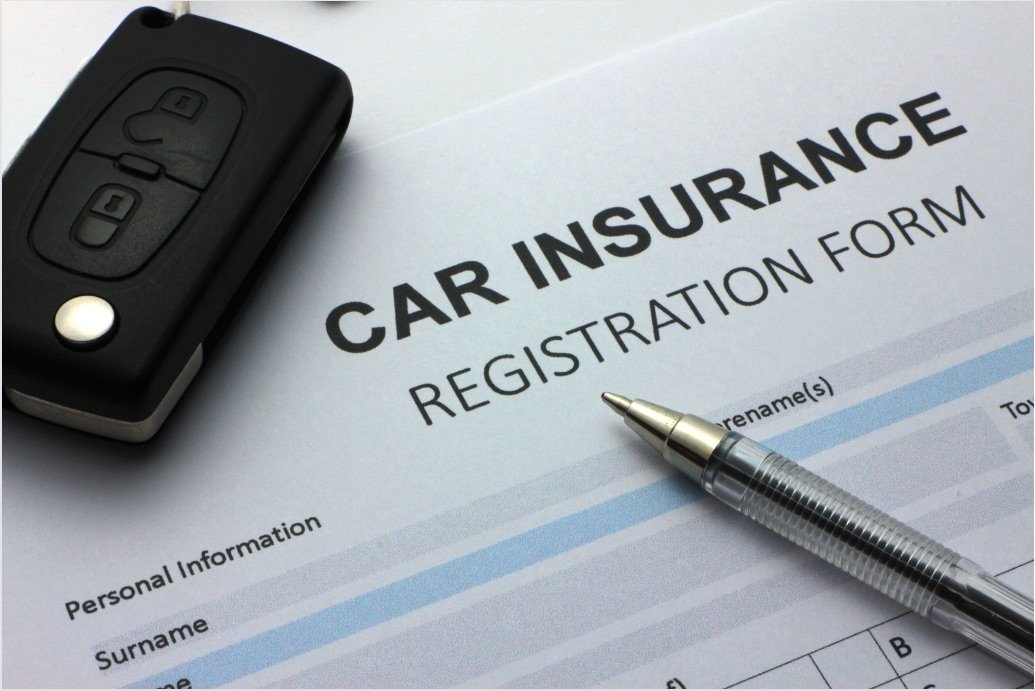Hiring A Car on Holiday: What You Need To Know

If you’ve hired a car abroad, you’ll know that feeling as you stand at the hire desk ready to collect your keys. It’s an eager sense of excitement to hit the open road, mixed with a nagging fear of being ripped-off.
Holidays of course shouldn’t be burdened with worry or concern; they’re all about relaxation and fun. So here’s our guide to help you avoid the pitfalls of car hire.
Tip 1: Never leave car hire to the last moment
Unless you know a reliable and trusted car hire company at your destination resort, it’s always advisable to book ahead before your departure. Let’s face it, who wants to squander valuable holiday time traipsing around car hire offices. Worse still, the prospect of standing in a queue at a hire desk in the airport arrivals hall, having barged your way through border control and the luggage counter.
Instead, book your car hire ahead of departure, using a comparison web site like carrentals.co.uk or Kayak.co.uk, where you’ll save yourself hassle and money. Car hire costs, particularly at airports, can be many times more expensive compared to online.
Tip 2: Make sure the hire firm has a “fair fuel policy”
A common ruse used by less savoury hire firms is to advertise an apparently bargain low hire cost, while loading up a fee for a full tank of fuel. Then, rather than asking you to return the car with the same level of fuel as you hired it - a so-called “fair fuel policy” - they’ll suggest you return the car empty.
The sting in the tail is that you have to pay for the full tank whether you use it or not! So, if you’re only travelling a few miles and barely move the gauge, you’re effectively paying an inflated fee for petrol or diesel that you’ll never need.
By planning ahead and using a comparison car hire web site, you can check to see whether the hire company operates a fair fuel policy, where you pay for what you use. Typically a fair fuel policy requires you to return the car with the same level of fuel as you hired it, with charges only applying for under-filling.
Tip 3: Don’t forget your credit card
Most hire firms will ask to take a swipe of your credit card as a security deposit in the event you damage the car and they need to recover money. If you forget your card, there’s a strong chance they won’t let you drive away the vehicle.
Tip 4: Buy standalone excess Insurance cover
Search online and you’ll soon find videos containing the impassioned pleas from Martin Lewis, Money Saving Expert’s champion of consumer value. His strong advice: buy standalone excess insurance cover to pay for any damage incurred during your hire.
Furthermore, he recommends buying this cover through a third-party provider, rather than falling for the high-pressure tactics of the hire firm trying to sell you excess cover at an extortionate fee.
There’s many a tale of a sorrowful traveller who returned their car at the end of their trip, only to find they’ve been charged a £500 fee for an apparent scratch or scuff. Arguments over who caused the scratch are futile, the charge is still deducted from their card and, given the level of fee, involving a solicitor to resolve the dispute, only pours good money after bad.
The solution, as Martin Lewis recommends, is to take out excess cover through a standalone company such as Moneymaxim, who will likely charge around £2/day, compared to a lastminute purchase at the hire company, where fees can be in excess of £10/day.
Tip 5: take photos, or even a video of the car, when you collect it
It might seem an extra hassle, but better to be safe than sorry. Good quality photos or a video could be the evidence you need if you find yourself on the receiving end of an unscrupulous hire firm looking to charge you a fee for damage you didn’t commit. If you’ve followed tip 4, the extra evidence of photos or a video showing an unscathed vehicle, could provide all you need to recoup any damage costs deducted from your credit card.
Safe travels
Hiring a car overseas is a great way to get off the beaten track while providing the real practical benefits that mobility affords; trips to supermarkets, lugging people and loads to the beach, touring towns and cities.
We hope you have safe travels wherever you’re heading this summer.





